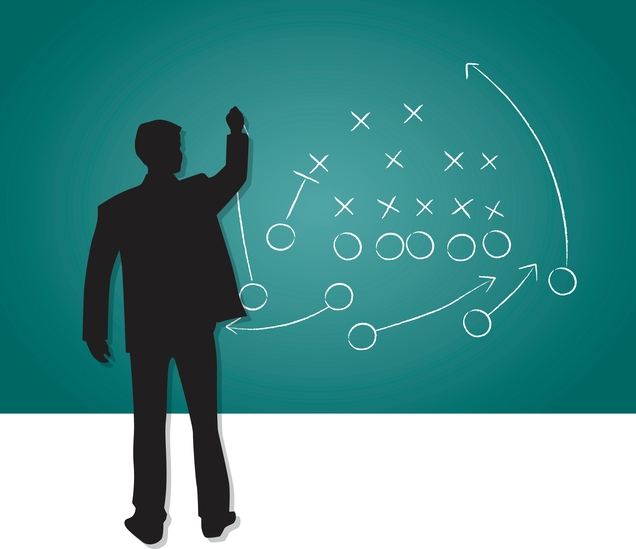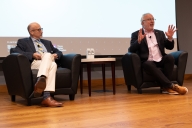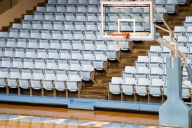You have /5 articles left.
Sign up for a free account or log in.

iStock/Ivcandy
Most college and university athletics trainers say they have autonomy to make medical decisions for their players. But some report they do not -- and that coaches try to influence them.
Those were among the key findings of a new survey from the Intercollegiate Council for Sports Medicine, which is part of the National Athletic Trainers' Association. The survey yielded responses from nearly 1,800 athletics trainers at colleges across the country. About 43 percent of the trainers who responded worked at Division I universities, which are generally larger and more affluent than their peers.
The survey comes after multiple athlete deaths in recent years. One of the most high-profile was Jordan McNair, a 19-year-old University of Maryland, College Park football player. McNair died last year from heatstroke. A university-commissioned investigation found that Maryland did not follow procedures in treating McNair, including giving him a cold-immersion bath. He had collapsed after running 110-yard sprints, began cramping and eventually had a seizure.
Another football player, Braeden Bradforth at Garden City Community College in Kansas, suffered a heatstroke death last August.
More than 76 percent of trainers who responded to the survey said they had medical autonomy, which the association said is the "unchallengeable authority to determine medical management of athletes."
This is a key part of the National Collegiate Athletic Association's guidelines on medical care for athletes, which stresses that trainers should have independence in their jobs and be free from the influence of coaches or others. Yet nearly one in five of the trainers who took the survey said a coach had played an athlete who had been deemed medically ineligible.
"In the interest of the health and welfare of collegiate student-athletes, a student-athlete's healthcare providers must have clear authority for student-athlete care," the NCAA guidance said.
More than 48 percent of the trainers reported that their institutions were not completely following the NCAA guidelines. For example, almost half said their college or university had no formal policy in place that described a health model that their athletics programs should use.
Roughly 500 athletic trainers answered questions about whether they had been pressured in their medical decisions by non-medical personnel.
Of those 500 trainers, about three in five said they had been pressured at some point. Among those who reported being pressured, almost 29 percent said it happened at least twice a month. About 3 percent said it was a daily problem.
Even so, the trainers' group "believes the pendulum is shifting in a positive direction," Tory Lindley, the association's president, said in a written statement.
"It is absolutely appropriate and expected for coaches as well as other relevant athletic personnel to ask questions," Lindley said. "What is not acceptable is when the inquiry is laced with an expectation to influence, dictate, coerce or challenge the athletic trainer's autonomous authority to make medical decisions in the sole interest of student athlete health and wellbeing."
The NCAA did not respond to a request for comment. But Dr. Brian Hainline, the NCAA's chief medical officer, told ESPN that all institutions are "obligated to comply" with the rules around medical decisions for athletes. Those that don't should self-report an NCAA violation, he said.
The survey also found that about one-third of the athletic trainers said coaches had some influence over the employment of the sports medicine staff, which is again counter to the NCAA's recommendations.
"An athletic trainer's professional qualifications and performance evaluations must not be primarily judged by administrative personnel who lack health care expertise, particularly in the context of hiring, promotion and termination decisions," the NCAA guidelines state.
About 30 percent of the trainers reported that their degree of dependence depended on the sport they were assigned to -- trainers in certain sports said they had more latitude than others. The report did not include results for specific sports.
"Student athletes and their parents should feel confident that decisions about health and safety are based solely on medical information and judgment and are not influenced by personnel who are not trained and experienced in that area," Lindley said.








